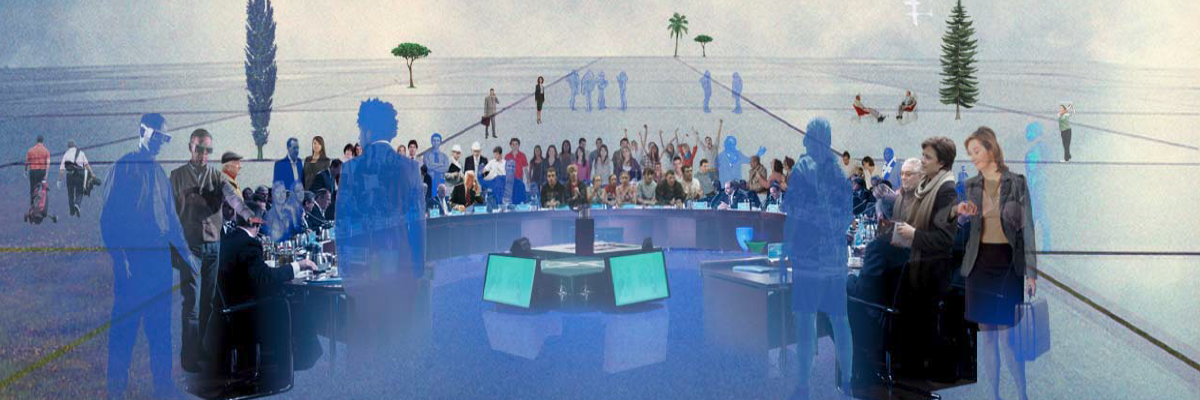Who knew?

A notable observation from the cyber-attack debacle at the beginning of this week was the intervention of a 22-year-old IT whiz kid who saved the day by figuring out a fix. His response when it was suggested that he had saved lives was modest, almost a shrug of the shoulder 'it's what I do - next?'
As it transpires, the problem could have been avoided by paying attention to advice and using recommended patches to old operating systems. Expert after expert IT specialists were wheeled out to explain to an enthralled media what was going on; leaving a distinct sense that there might have been lots of knowledge but not much action in advance of the disaster.
If we needed any reminder about how our lives are utterly dependent on IT, then this was certainly it. As one commentator remarked ‘IT started a relationship as a polite lodger 25 years ago, and only spoke when spoken to. It is now the owner and master of our homes and workplaces.’
And yet too few of us fully understand this foreign language; messages regularly appear on my screen inviting or demanding that I take some sort of action, my automatic assumption is that it is fraudulent spam best avoided. This week we learned of how political parties are using our data to construct messages designed to influence us; an enquiry has been ordered as there has been so much concern raised but in truth the regulators are miles behind the technological advances here.
Just as satnav has robbed us of our sense of direction, so our mobiles have rendered us utterly helpless in their absence.
Technology is a huge driver in our customer service world, many of us are actively self-serving yet still demanding personalised help when we need reassurance or things are broken, a challenge for organisations in providing 'everything for everybody'.
Many of our conversations with the CCA network are about how we can leverage the knowledge of our digitally native colleagues to help organisations resolve customer problems first time, and to have valuable input in choosing new technologies so that the procurement process isn't an IT coup but reflects customer concerns and expectations.
At the end of 2012 we launched a set of future scenarios including one named 'Camelot and the nights of the round table'. It forecast a near future where boards represented all stakeholders and comprised the necessary skills compliment to keep abreast of a rapidly changing world.
It's encouraging to hear about real innovation in this space; we have lots of member examples where companies are formalising authentic voice of customer programmes which have teeth rather than paying lip service.
This week, Salesforce launched YouGov consumer research with positive and encouraging findings; over half of consumers believe that customer service has improved over the last 10 years. Beware of complacency though; almost 80% cited poor customer service as the main reason why they would leave a brand. One of the most frustrating experiences was slow dysfunctional websites, a reminder that the Amazon experience is the new norm.
As a speaker at the Confirmit Summit in London yesterday, there was a call for progress in not just collecting, but translating and actioning feedback, to serve customers better but also to give staff a sense of purpose and satisfaction.
I doubt whether we have heard the last of cyber-attacks, but as with most of these incidents it prompts a wider debate about our understanding, or not, of what is happening in our own back yard - and that's a good thing.
To undertake a gap analysis about internal communication and collaboration in your organisation why not book yourself a session with one of the CCA team.